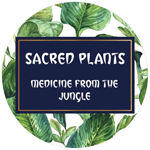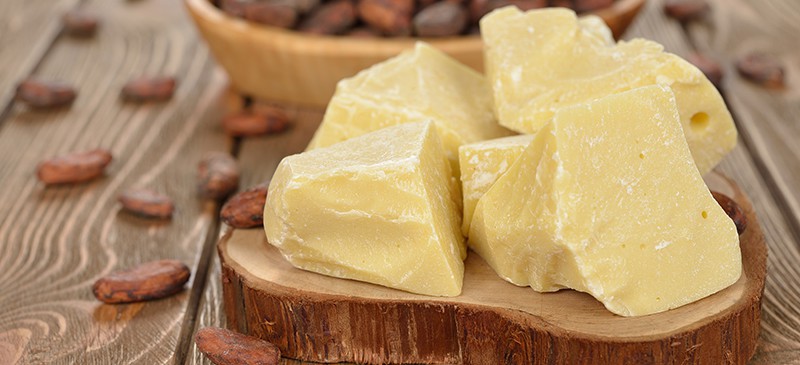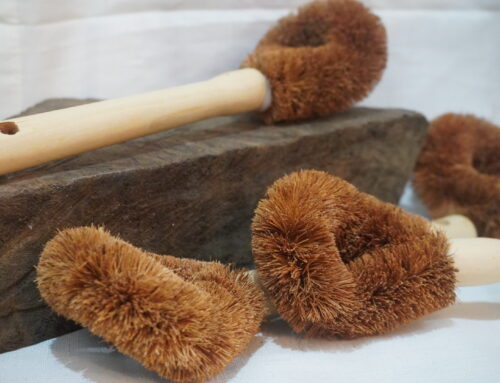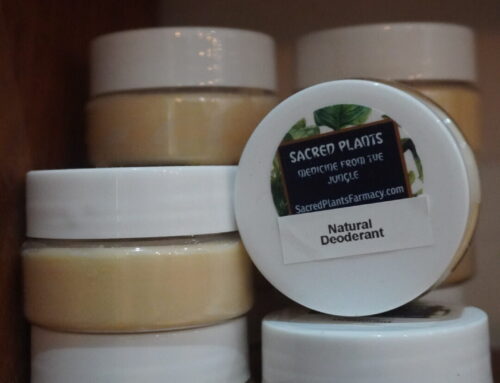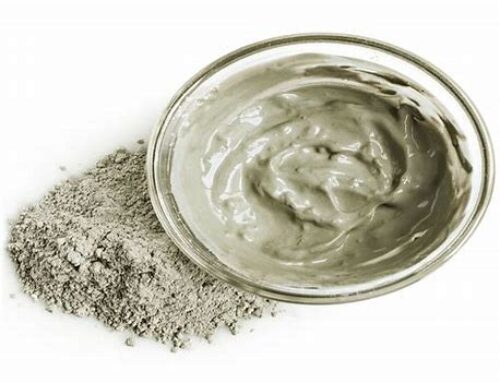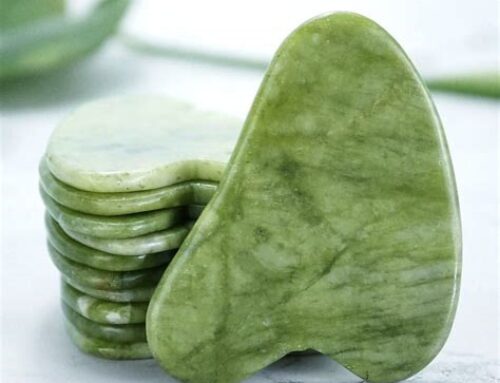Organic Cacao butter from Costa Rica
Coined “the food of the Gods” by the Mayans, the cocoa bean plant (Theobroma cacao) has been used since ancient times to prepare “chocolate,” which at that time was a cocoa drink made with hot water.
Cocoa butter is a triglyceride — a type of fat that’s naturally found in cocoa beans and other sources.
It’s extracted from the cocoa bean via a fermentation process and is used as raw material in the production of various cosmetics, pharmaceuticals, and chocolate products.
In fact, cocoa butter is responsible for the melting properties of chocolate — a feature that not only defines the quality and palatability of chocolate but also influences how it must be stored.
Check out the many benefits of Cacao Butter in our “Read More About” section below
Health Benefits
1. Can Prevent Skin Dryness and Peeling
Why is cocoa butter good for your face? While it’s an excellent skin moisturizer, it does more than just hydrate the skin — it helps actually heal it from the inside out too.
It’s a great source of natural antioxidants that are found in cocoa beans, plus fatty acids that are easily absorbed and remain on the skin for hours.
Natural hydrating products also tend to cause much less irritation to the skin than products made with additives, fragrances, colors and dyes.
To use it on your skin to treat or prevent dryness and peeling, try mixing it with other beneficial products, like essential oils or argan, castor or jojoba oil. If you have extra-dry skin (such as eczema), always use pure cocoa butter, and perform a patch test first to make sure you don’t have a sensitivity and wind up developing any negative reactions.
If your cocoa butter is very solid due to being stored in your home in a cool place, try combining it with a bit of hot water to make it melt. You can boil some water on the stove and then pour it onto a handful of cocoa butter to make it more spreadable. Some people find that black cocoa butter is the softest and spreads onto skin best without needing to be warmed much, but commercial, deodorized cocoa butters are more brittle and hard.
2. Helps Heal Chapped Lips
One of the most popular ways to use cocoa butter is on chapped lips, especially in homemade lip balms. It can be used with grapefruit, vanilla, orange or peppermint oil to make flavorful lip palms that are also hydrating for delicate skin.
Cocoa butter is an emollient, which means it adds a protective layer of hydration to your lips, useful for blocking the effects of very cold temperatures, sun damage or indoor heat, which can leave your lips dry.
3. Fights Signs of Aging
Cocoa butter contains compounds called cocoa mass polyphenols, which some studies have found can help diminish signs of aging, plus soothe sensitive skin suffering from dermatitis or rashes.
Polyphenols are types of antioxidants that promote health both internally when eaten and externally when used topically on the skin. Cocoa’s polyphenols have been found to fight various chronic diseases, degeneration of the skin, sensitivities and even cell mutations.
Research shows that its polyphenols have several positive indicators for skin health, including reducing photoaging, improved skin elasticity and skin tone, better collagen retention/production, and better hydration.
When comparing cocoa butter to commercially available products, studies have shown that both can have positive results, but only cocoa butter is free from potentially harmful or irritating ingredients.
4. Soothes Burns, Rashes and Infections
You can rub a small amount of pure cocoa butter into burnt skin to help skin replenish. Just make sure it’s pure and doesn’t contain any alcohol, fragrances/perfumes or other additives that can lead skin to become even more inflamed and sensitive.
It’s even gentle enough to be used as a natural treatment for eczema, dermatitis and skin rashes. Aloe vera gel or tea tree essential oil are two great additions for applying to burnt or damaged skin.
5. Helps Treat Mouth Sores
If the inside of your mouth is prone to developing painful sores, or your lips develop recurring blisters, try using a bit of cocoa butter to keep them moisturized. Preventing too much dryness on the inside of the lips and in the mouth is one way to help prevent sores and blisters from forming.
6. Makes a Great Shaving Cream
You can use cocoa butter in your tub to shave and hydrate skin at the same time. It melts easily in warm water and won’t clog your drain.
Use a small handful before shaving to prevent nicks and leave just-shaven skin feeling nice and smooth. After showering is another great time to slather it on, since heat opens up pores and makes it absorb products better.
7. May Help Improve Heart Health
While saturated fats used to be frowned upon and blamed for contributing to heart problems, today many researchers believe that plant-derived saturated fats can actually be beneficial for reducing the risk of cardiovascular diseases.
The polyphenolic components found in cocoa butter have been shown in certain studies to help lower inflammatory markers involved in atherosclerosis (hardening of the arteries), which is why cocoa is now considered an anti-inflammatory food.
Cocoa also seems to help with lipid (fat) metabolism and is linked with a decreased risk for vascular events, such as a heart attack.
8. Provides Antioxidants That May Fight Inflammation
Some antioxidants remain in cocoa butter even after it’s separated from the beans’ solids, which means it may be beneficial for lowering inflammation.
Many studies have shown that plant polyphenols exert antioxidant powers within the immune system, fighting inflammation, DNA damage and cellular mutations, which are the underlying cause of diseases like cardiovascular disease, cancer and autoimmune conditions.
9. Provides Fatty Acids That Support Brain Health
Fats in your diet, especially cholesterol and saturated fat, are vitally important for brain health and maintaining a positive mood, in addition to supporting hormone production and controlling your appetite. Fats serve as building blocks for brain cells and are needed to make to sex hormones, including estrogen, progesterone and testosterone, which control numerous bodily processes.
In addition, research reveals that “most findings support the beneficial effect of cocoa flavanols on cognitive function and neuroplasticity in young adults, suggesting that the inclusion of cocoa powder or high-cocoa flavanols products may be a realistic and reasonable preventive approach on neurodegenerative diseases and cognitive decline. Furthermore, short and middle-term effects of daily cocoa intake may provide young adults with a better cognitive performance in verbal learning, memory, and attention favoring academic achievement.”
What About Cocoa Butter for Stretch Marks?
Around the internet, one of the most popular uses for cocoa butter is preventing or treating stretch marks, especially during pregnancy. Does this method actually work? Overall, study results have been mixed regarding its efficacy for getting rid of stretch marks.
Many people report improvements in visible stretch marks after using it, but certain studies have found that, compared to placebo treatments, women don’t actually show significantly more improvements when using lotion made with cocoa butter. There’s no harm in trying it for preventing stretch marks, but it doesn’t seem to reverse those that have already formed.
Risks and Side Effects
Cocoa products are high in fat and calories, which means it’s best to consume them in small to moderate amounts.
In addition, cocoa and chocolate products are common allergens, so be aware of any signs of a food allergy when using cocoa products.
The triglyceride in cocoa butter that is most responsible for its unique properties — 1, 3-distearoyl-2-oleoyl-glycerol, or SOS for short — is found in low quantities in vegetable oils, making it difficult to produce cocoa butter with CBEs.
Other nutrients
Cocoa butter is high in vitamin D2, a precursor to the active form of vitamin D in the body.
Cocoa butter is also rich in these minerals:
- Potassium, which helps lower blood pressure
- Phosphorus, which supports bone health
- Copper, which supports brain health
- Iron, which supports red blood cell activity
- Zinc, which supports immune health
- Magnesium, which supports muscle and nerve health
The statements made within this website have not been evaluated by the Food and Drug Administration. These statements and the products of this company are not intended to diagnose, treat, cure or prevent any disease.
